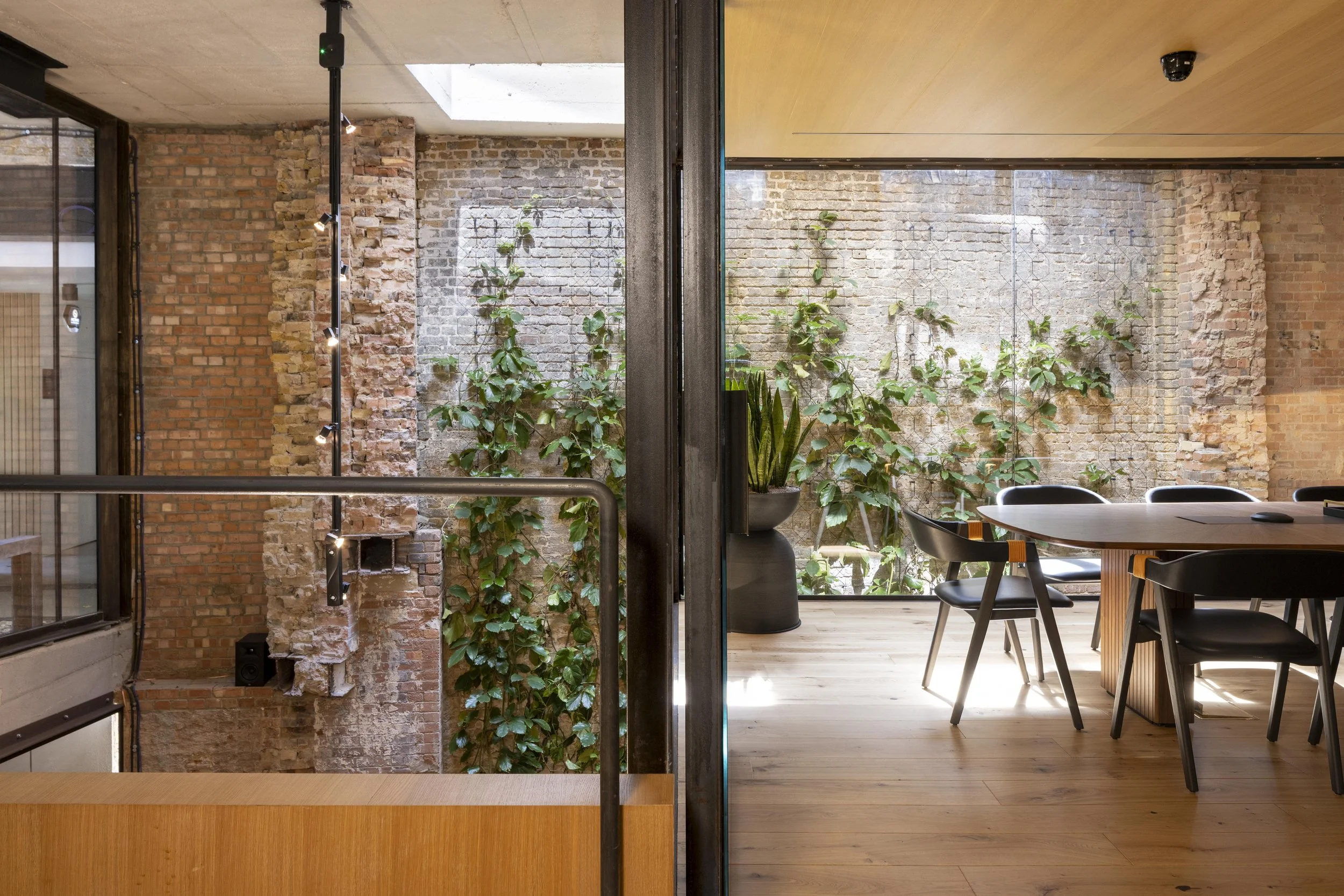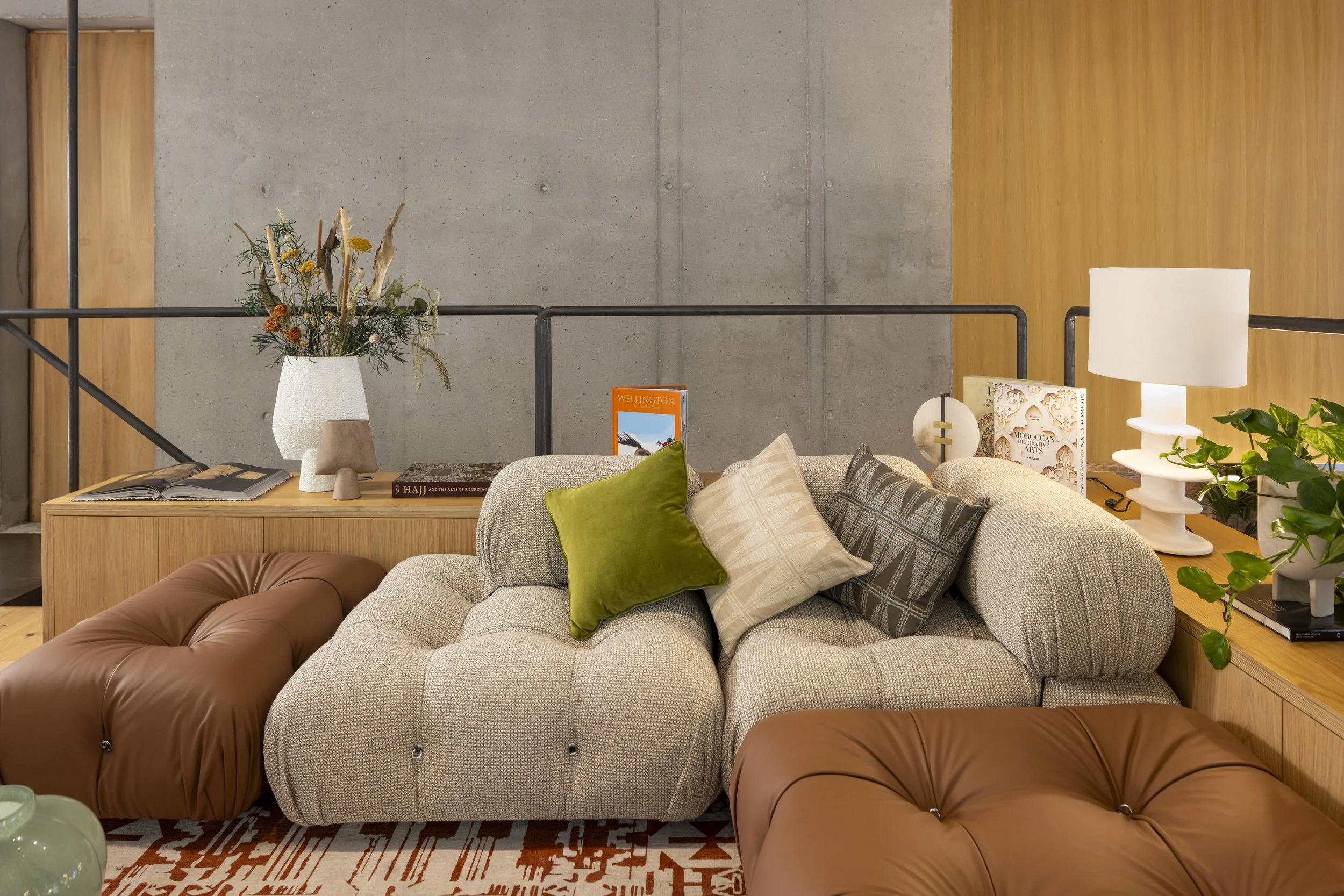The Micro Office Manifesto:
There is a particular smell that hits you when you step into most offices these days. It is that faint cocktail of carpet tiles off‑gassing, reheated coffee, and fear. Not the bold fear of missing a deadline, but the slow rot of knowing the furniture will fall apart before the project ships. Once the workplace tried to impress. Now it survives on particle board, algorithmic emails and LED strips bought in bulk.
Quality has slipped everywhere, yet the office wears the decline like cheap cologne. Chairs built to the lowest bid squeak after a fortnight, screens dim at the corners, and nobody fixes the blinking smart tap in the lavatory. We shrug because half the staff work from home and no one plans to retire here. The message is clear: do not get attached.
But work is changing faster than the furniture can crumble. The 6 nation trial that wrapped this July showed teams on a 4 day schedule kept output rolling while cutting burnout to ribbons. 90% of firms kept it. Rested people produce cleaner code, tighter copy, fewer excuses. The extra day is not a hammock on a Wednesday; it is a bet on focus.
Add AI and the headcount required to keep a business airborne shrinks again. A decent model can knock out the sort of PowerPoint that used to occupy a junior for a week. Soon the average team looks less like a rugby scrum and more like a jazz trio: lean, mobile, each player pulling genuine weight.
So why do we still lease vast floors of identikit beige? Why force a skeleton staff into hot‑desks scattered through a ghost estate of cubicles and pot plants? Momentum. The lease was signed in fatter days, the finance director loathes sunk cost chats, and the chief executive likes the skyline view.
Time to move on. Micro offices, purpose built rooms for 4 to 8 people are not a consolation prize for start‑ups; they are a rational answer to the new maths of labour. Think of them as the studio flat of professional life. Close enough to walk, rentable by the month, fitted with furniture that might actually last because you can count the users on one hand. No cavernous reception, no ‘creative zone’ of fake grass. Just good chairs, solid desks, silence by default.
A micro office respects attention. With fewer bodies, every interruption is obvious and therefore rare. Meetings cannot sprawl because there is nowhere to sprawl to. You notice when the chair wobbles because it is your chair. Ownership breeds maintenance, the opposite of hot‑desk entropy.
There is a community upside too. Scatter small offices through a city and you spread spending power with them. The sandwich shop, the cobbler, the nursery: all win when workers stay local instead of vanishing into a distant glass fortress. We bang on about the 15 minute city; here is a chance to live it.
Will the micro model cost more per square metre? Of course. Good things often do. But set that against the savings of a shorter week, a slimmed down team, and the end of morale washing budgets for foosball tables. Quality, as any whisky drinker knows, is cheaper in the long run. Buy once, buy decent, care for it, and you taste the difference.
None of this matters if leadership still worships at the shrine of presenteeism. The point is not to stuff a mini office with ten people and call it ‘cosy’. It is to match space with reality, fewer hours, fewer humans, better tools and spend the surplus on doing the work properly. Craft matters. A line of code, a legal clause, a campaign hook: each deserves the care once reserved for a handmade shoe. We cannot blame disposable culture while churning out disposable ideas.
That future is small, patient, and built to be repaired rather than replaced.
We are at a fork in the alley. One direction keeps us in the bargain basement future where chairs collapse, chatbots peddle platitudes, and everyone plots escape. The other leads to a place where you know the carpenter who built your desk, where Friday is sacred, and the team is small enough to share a round without filing an expense report.
I know which door I am knocking on. It is a little one, newly painted, in a quiet side street. The sign says: ‘Office’. It smells of wood, coffee, and possibility. Step inside and mind the chair, it might last longer than any of us.





